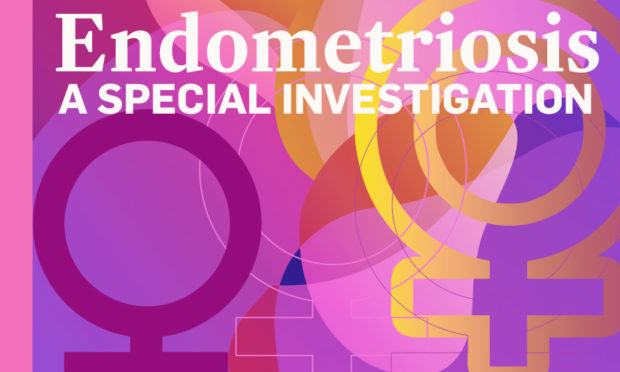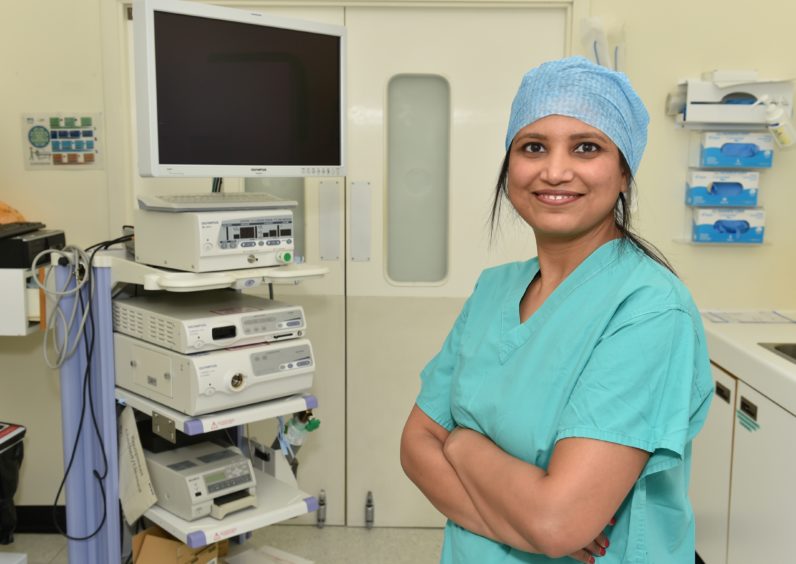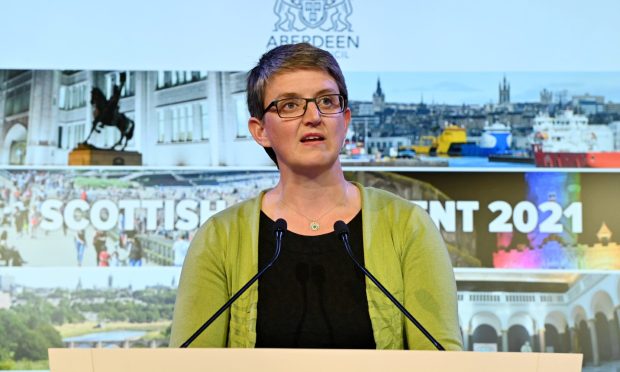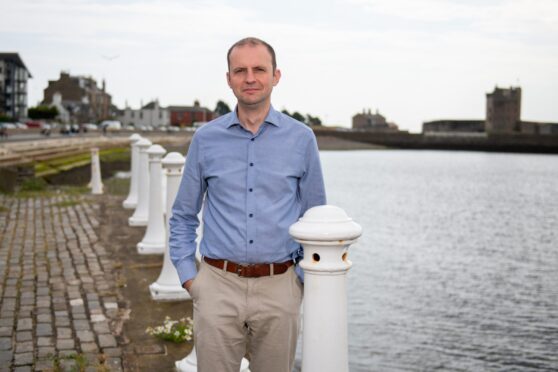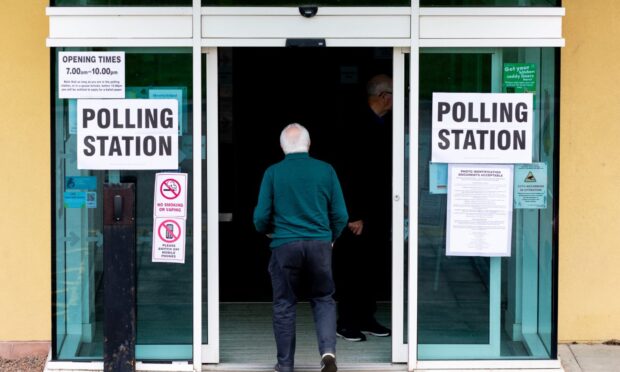It’s a condition that causes pain and distress to 1.5 million women in the UK, yet experts have warned awareness of endometriosis is lacking — and there remains no cure.
As the UK Government opens an inquiry to investigate the challenges faced by endometriosis sufferers, on Monday we reveal our own study in which we examine the harsh realities of living with the chronic pelvic condition.
Patients and healthcare practitioners share their first-hand experiences and advise the government on what steps need to be taken to ensure people with the condition get the right care at the right time.
We speak to four women who suffer from the condition, and hear how one felt “on the verge of suicide” from the pain of living with endometriosis.

More from our special series
- “I was on the verge of suicide” — Endometriosis sufferers share the emotional and physical pain of their condition
- Health boards and Scottish Government admit endometriosis patients are waiting too long to be seen
- Politicians pledge their support for new Westminster inquiry into endometriosis
- COMMENT: Studying endometriosis has left me shocked and saddened — but determined to see women receive the treatments they deserve
Others speak of their fears around their future fertility and the impact it has on “every element” of their life.
Dr Lucky Saraswat, an endometriosis specialist and consultant gynaecologist, outlines the action she thinks needs to be taken to improve treatment and understanding of the condition.
A range of politicians from across Tayside and the north-east share how they plan to ensure the issue is not ignored any longer.
And we look at the lengthy hospital waiting lists for treatment, and ask health boards what action they’re taking to ensure women can be diagnosed and access support quicker.
On average, it takes eight years for a woman in the UK to be diagnosed with endometriosis, meaning sufferers are left questioning their own body and mind, knowing something is not right.
The issue is also an economic one with the condition costing the UK economy £8.2 billion a year in treatment, loss of work and healthcare costs.
It is in everyone’s interests that greater awareness is raised and investment dedicated to understanding and treating this disease and giving sufferers a voice.
